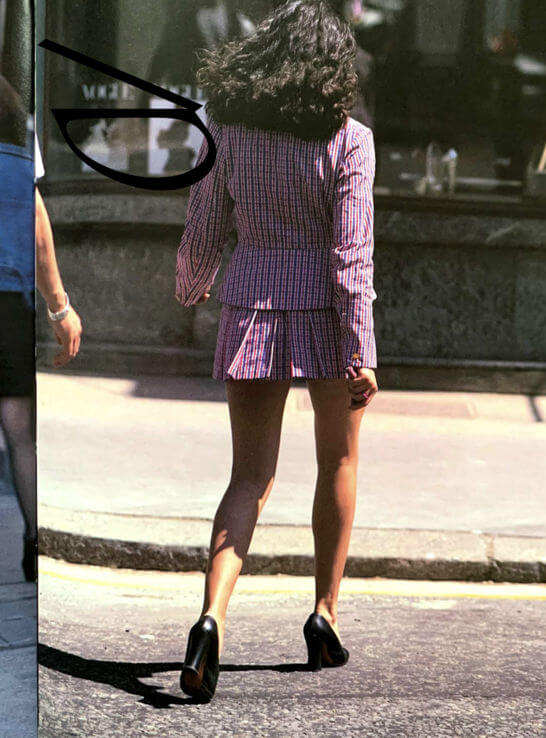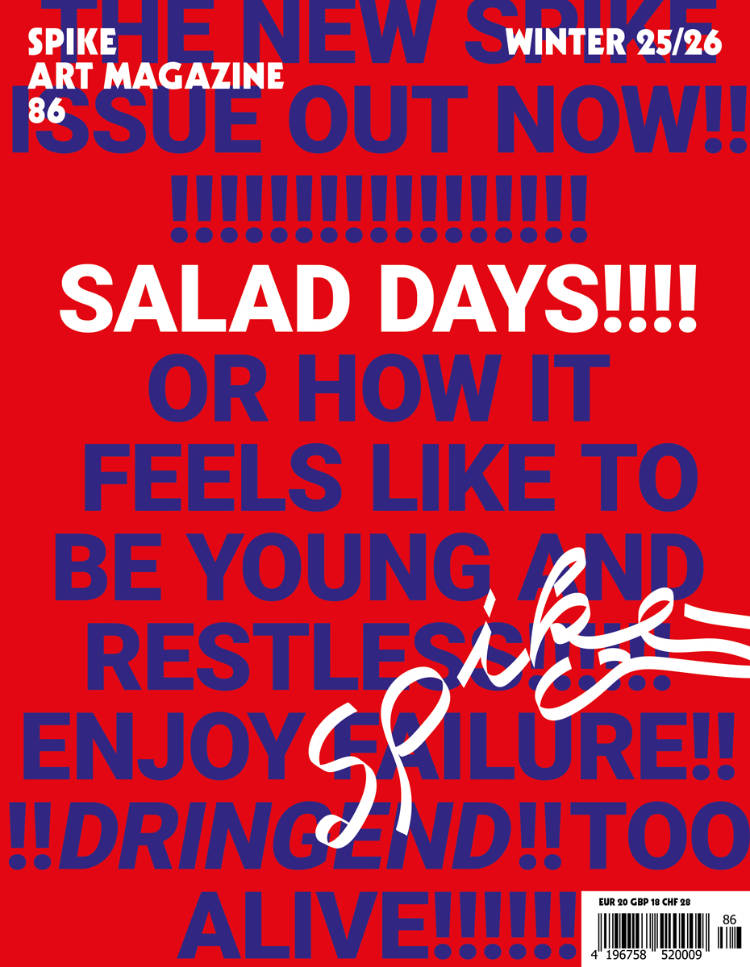
Bill Magazine 3
Julie Peeters ed.
BILL 3 a special archival issue, features unpublished Martin Margiela lookbook photographs, a horse, street style from the 90’s, vases of Japan, a silver story, a flash forward and back, tennis, an icecube tray, more Margiela, Hysteric Glamour and a bunch of frivilous images.
The stories are sourced from the book collections of RareBooksParis and Julie Peeters.
Printed in 2020, bound in 2021.
Language: English





